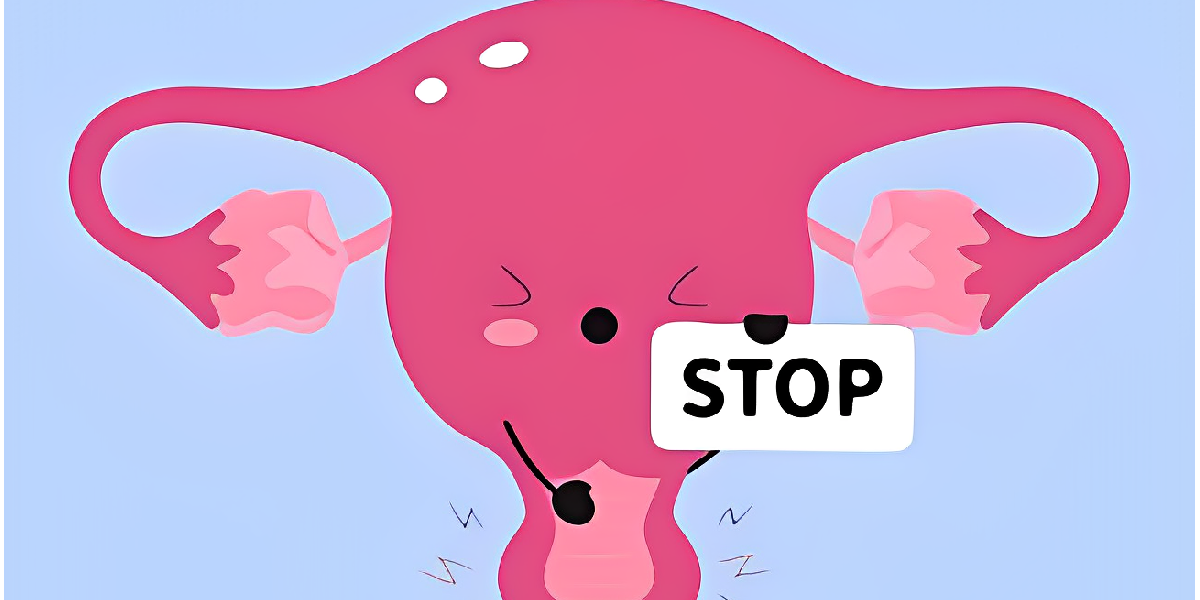© Copyright 2018. All Rights Reserved.
Embracing Sensuality Amid Vaginismus: Nurturing Intimate Connections
-2023-12-05-656efc1fbf29d.png)
Sensuality and intimacy are integral parts of human relationships. However, for individuals experiencing vaginismus, a condition causing involuntary muscle contractions around the vaginal area, the pursuit of intimacy might come with challenges. Vaginismus affects both the physical and emotional aspects of intimate connections. In this blog post, we'll delve into understanding vaginismus, exploring strategies to embrace sensuality despite its challenges, fostering communication in relationships, seeking professional help, and celebrating personal progress.
Understanding Vaginismus and its Impact on Sensuality
What is Vaginismus?
Vaginismus refers to the involuntary contraction of muscles surrounding the vaginal entry, often making penetration painful or impossible. It can stem from physical or psychological factors and affects each individual differently.
The Impact on Sensuality
This condition doesn't merely manifest physically; it affects emotional well-being and intimate relationships. Sensuality becomes entangled with anxiety, fear, and frustration, impacting overall intimacy.
How to Address It:
- Educate Yourself: Understanding the condition is the first step. Explore credible sources, consult healthcare professionals, and seek support groups.
- Seek Professional Help: A gynaecologist, sex therapist, or counsellor experienced in sexual health can provide guidance.
- Open Communication: Talk to your partner about your feelings and experiences, fostering understanding and support.
Strategies for Embracing Sensuality Despite Vaginismus
Alternative Sensual Activities
While penetrative sex might be challenging, there are various non-penetrative ways to nurture intimacy:
- Sensual Massage: Exploring touch without pressure for penetration can foster closeness.
- Intimate Conversation: Engaging in deep, emotional conversations can create intimacy.
- Shared Activities: Activities like dancing, cuddling, or shared hobbies build connections.
Relaxation Techniques
-2023-12-05-656f0026e9cfa.png)
Managing anxiety and tension is crucial:
- Exercise for Breathing: Deep breathing helps relax the body, easing muscle tension.
- Progressive Muscle Relaxation: Gradual muscle relaxation exercises reduce overall tension.
- Mindfulness and Meditation: Techniques to calm the mind can positively impact physical relaxation.
Professional Help
-2023-12-05-656f07233a7ea.png)
Seeking guidance from professionals can be transformative:
- Medical Consultation: Visiting a gynaecologist specializing in sexual health is essential for a proper diagnosis and treatment plan.
- Therapeutic Support: Therapy or counselling sessions can address psychological aspects and offer coping strategies.
- Educational Resources: Accessing literature or online forums can provide additional guidance and support.
Communication and Support in Intimate Relationships
Honesty and Understanding
Navigating intimacy challenges requires openness:
- Honest Conversations: Communicate openly with your partner about fears, desires, and limitations.
- Mutual Understanding: Foster empathy and understanding between partners, emphasizing emotional connection.
Seeking Guidance Together
Support each other in seeking professional help:
- Joint Therapy Sessions: Attending counselling sessions together strengthens communication and understanding.
- Learning and Growing Together: Use the experience to deepen the emotional bond in your relationship.
Patience and Empathy
Developing intimacy amid vaginismus takes time:
- Practice Patience: Progress might be slow, so be patient and supportive.
- Show Empathy: Understanding your partner's feelings and challenges is key to providing effective support.
Celebrating Progress and Self-Compassion
-2023-12-05-656efeb568172.png)
Acknowledging Achievements
Celebrate victories along the journey:
- Small Milestones: Recognize and celebrate every small step towards overcoming challenges.
- Positive Reinforcement: Acknowledge efforts and progress made by both partners.
Self-Care Practices
Self-compassion is crucial for emotional well-being:
- Self-Care Routines: Engage in activities that promote relaxation and self-compassion.
- Individual Growth: Focus on personal growth and development amidst challenges.
Support Networks
Engage with communities for continued encouragement:
- Online Forums or Support Groups: Connect with individuals experiencing similar challenges.
- Professional Networks: Seek guidance and encouragement from healthcare professionals and therapists.
Conclusion
-2023-12-05-656f061519550.png)
Embracing sensuality amid vaginismus is a complex yet achievable journey that demands patience, understanding, and open communication. By acknowledging the challenges, seeking professional help, nurturing relationships, and celebrating progress, individuals and couples can foster intimate connections and strengthen their bond despite the obstacles posed by vaginismus. Remember, every step taken towards embracing sensuality is a significant achievement worth celebrating.
Recent Post
-

Intrauterine insemination (IUI) Success Tips: Enhance Your Fertility
-

The Connection Between HCG Hormone and Pregnancy: Explained in detail
-

Conquering Asthenozoospermia: Strategies for Male Fertility Success
-

Understanding Endometriosis: Symptoms, Causes & Management | Guide
-

Decoding Erectile Dysfunction: Insights, Remedies, and Resource & care





